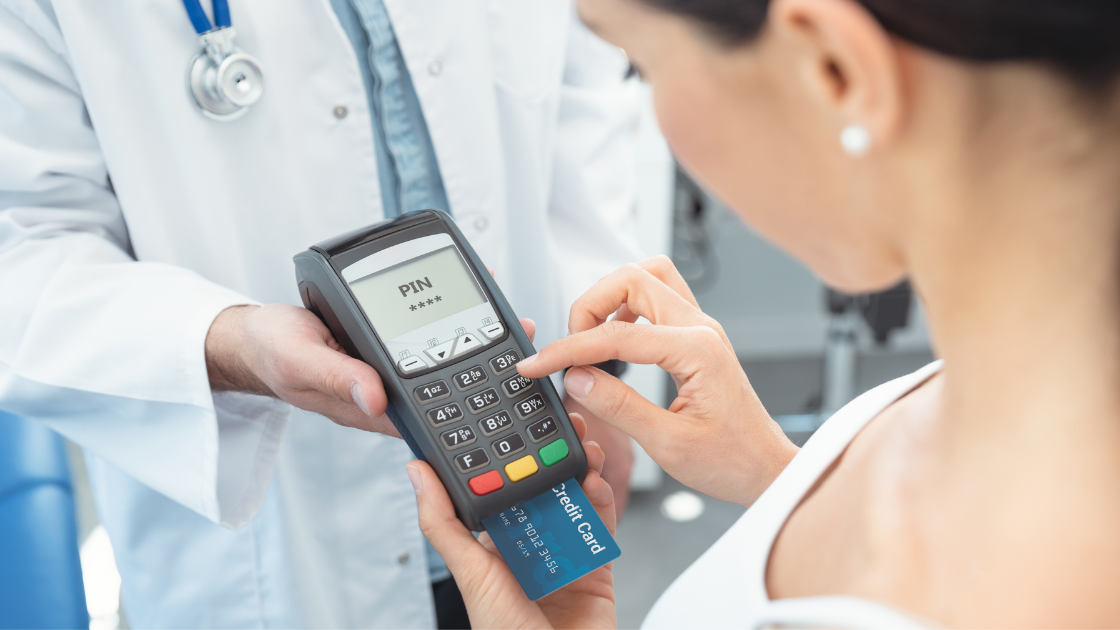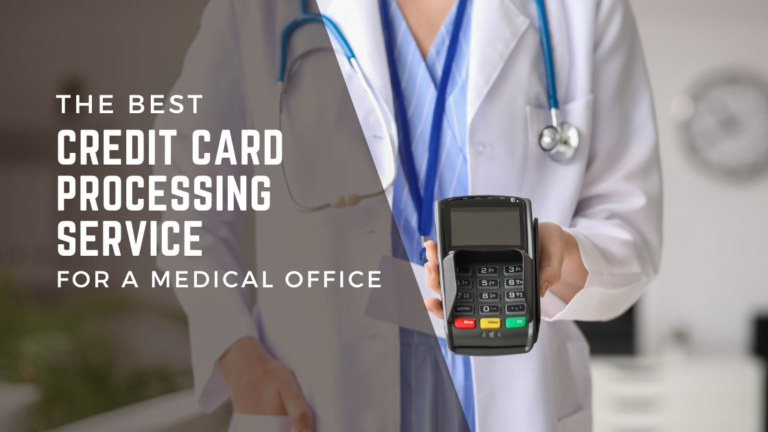Various industries require different tools, features, and services for payment processing. An online eCommerce store might not be the greatest fit for payment processing that functions well in a local retail setting. Likewise with regard to credit card processing for medical purposes.
Merchant services for dental practices face particular difficulties in billing, invoicing, and processing payments. If their healthcare payment services fail to appropriately handle these concerns, the practice may encounter serious difficulties, possibly resulting in financial loss and unsatisfied patients.
What Makes the Greatest Credit Card Processing for Healthcare Providers
Your office’s specific requirements must always be considered, whether it be for electronic payments, paper bills, or the inability to accept all credit cards. Consider data and security, ascertain whether your present payment processing system and the new processing system will function together
- HIPAA regulations must be followed by software that accesses or stores patient data. All of the payment processors on this list have their own software that simplifies administrative tasks, or they can all be integrated with software tools that meet HIPAA regulations.
- To handle transactions on your website, such as online appointment scheduling or patient medication ordering and payment, you will require e-commerce integrations.
- Chargebacks and “friendly fraud” can be a major threat to healthcare organizations when insurance companies do not pay as much as the patient expects. Robust merchant accounts designed for the healthcare sector come with integrated safeguards against fraudulent chargebacks and assistance in disputing them in the event that they arise.
- You might see patients in your practice who need longer payment terms or who need to spread out the whole amount of their bill. A reliable payment processor should offer a variety of payment options so that your patients can pay for their care in the way that is most convenient for them.

Top Credit Card Processing Techniques That Comply with HIPAA
Prior to the start of HIPAA-compliant Credit card processing for medical practices, more than just the business associate agreement needs to be signed. Healthcare institutions should consider a number of crucial factors to guarantee that patient health data is kept safe and out of the hands of darknet or cybersecurity hackers. The following are some best practices for implementing HIPAA-compliant credit card processing that any hospital can use:
Selecting the Correct Payment Processor
A reliable Merchant service for medical practices is in compliance with HIPAA. You must ascertain whether they adhere to the Payment Card Industry Data Security Standards (PCI DSS). Generally speaking, all processors who value their clients and reputation follow those standards. PCI DDS comprises data erasure for authentication, data retention limits, breach response, payment card app security, access control, and encryption. There are numerous security precautions, most of which are also outlined in HIPAA.
Pay with EMV Chip-Supported Terminals
After locating one of these processors, you can proceed to inquire directly with them about whether or not they offer HIPAA-compliant credit card processing services. You have to have total faith that PHI is secure. In the end, if the business associate compromises the data, you will be held accountable. Although it is best to confirm, a processor that complies with HIPAA regulations will never send receipts via unsecure email or text messaging.
EMV chips encrypt information differently every time it is accessed. The chip appears on the front of the card as a bright square. To start a transaction, one must insert their card into the payment terminal. EMV chip-reader-equipped payment terminals are more costly, but the investment is worthwhile. They will assist you in avoiding exorbitant fines for failing to comply with payment card security regulations.
Make Certain to Use vP2PE
The moment the card is swiped or dipped, it encrypts the data, making it impossible for cybercriminals to duplicate clear data before it reaches the payment gateway. They will only be able to access the indecipherable data. One of the greatest forms of encryption for Medical credit card processing patient payments is this one, which guarantees security throughout.
Develop Custom HIPAA-Compliant Payment Solution
Although there are many HIPAA-compliant electronic payment systems on the market, you might want to think about creating a custom solution that would fully satisfy your company’s requirements. End-to-end encryption is required to guarantee patient data confidentiality. The second screen faces outward, allowing patients to view their bills and select other payment options such as magstripe cards, NFC contactless, and EMV chips.
Credit Card Services for Healthcare Professionals
Medical credit card processing payments is not always directly related to HIPAA compliance. But, the processor will be regarded as a business associate and must comply if it offers additional services.
You should be good as long as your processor complies with HIPAA and the Data Security Standards and your staff members are trained to handle sensitive data. Join Blue Yonder Corp for seamless, HIPAA-compliant payment processing. Enhance your practice’s efficiency today! We also advise investing in EMV chip-reader-equipped payment terminals and continuing to work on encryption.


